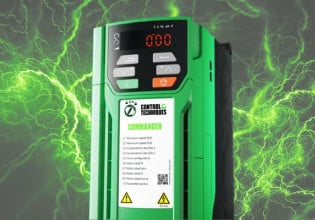B
I have worked in many facilities in the past 20 years and have always switched control voltages from the orginal 115 VAC control to 24 VDC control, relating to refurbishing older equipment and systems. This was a natural selection especially when moving to PLC controls.
I currently have been involved with a plant that is resistant to switch to 24 VDC for operational concerns. I have never worried about this in the past and know of no reasons not to switch. I have always assumed that it was safer; however, I can find no details supporting my assumptions.
Any help would be appreciated....
I currently have been involved with a plant that is resistant to switch to 24 VDC for operational concerns. I have never worried about this in the past and know of no reasons not to switch. I have always assumed that it was safer; however, I can find no details supporting my assumptions.
Any help would be appreciated....






